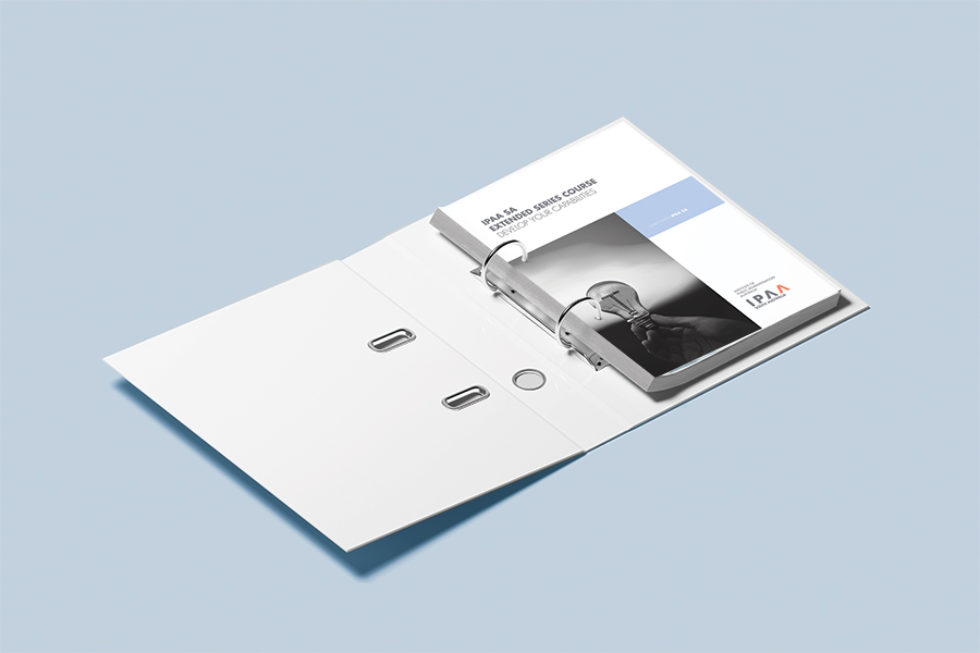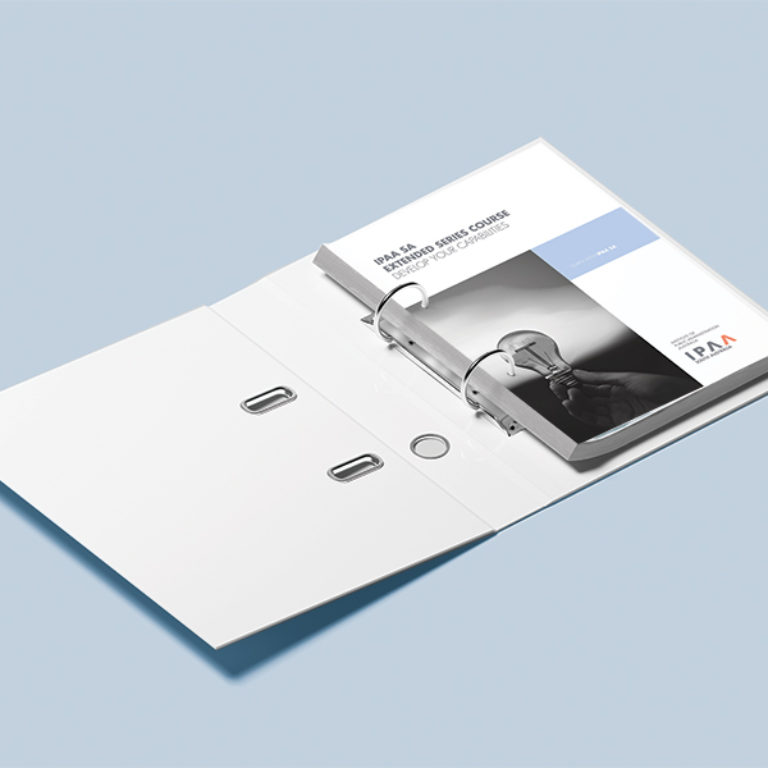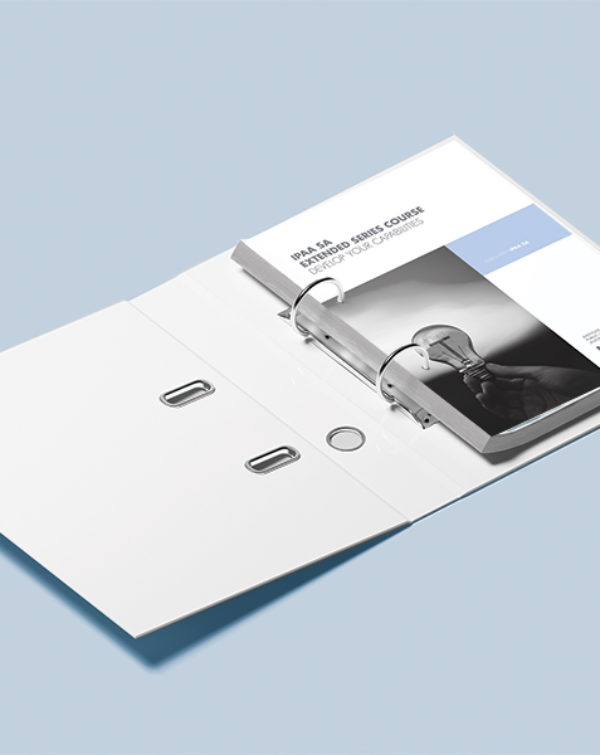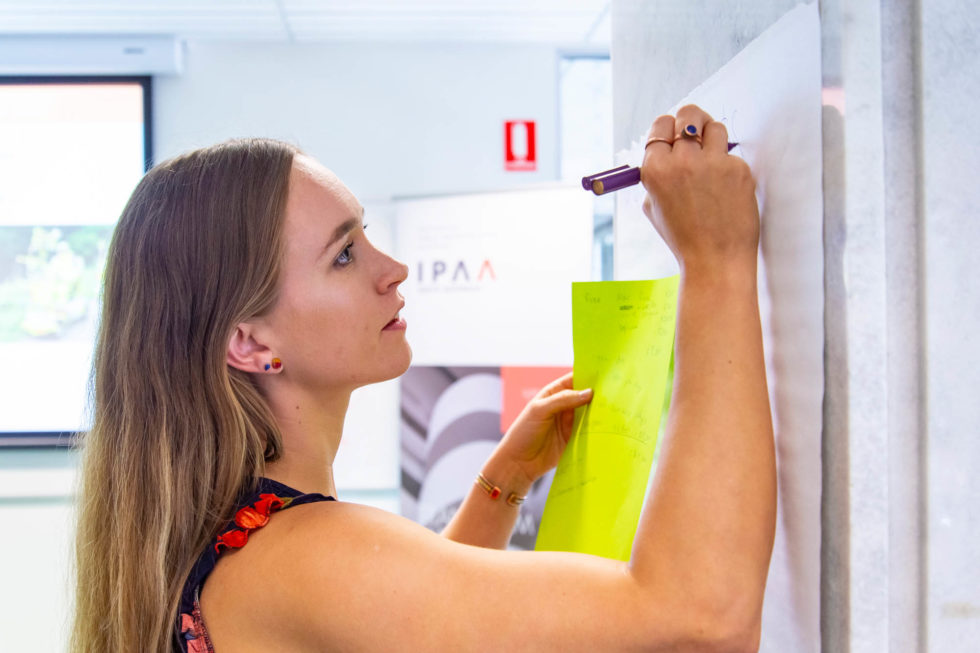“Great presenters, clearly had good knowledge of the course subject matter and were skilled in engaging the group in effective discussion.”
Amanda Dudgeon
Department for Environment and Water
Build the skills to assist team members to work together to deliver on the goals and aspirations of the organisation. You will be provided with a day packed full of practical information, tips and tools for new managers. You will explore how to get a grip on your own role, how to make the transition from team member to team leader and how to get your team working at its best.




This course is part of the New and Emerging Manager Series. Register for the full series and save up to 15% on the full price of each course.
Read MoreAs well as expert input and resource manuals for future reference, here is an opportunity to work with colleagues across the public sector who are all tackling the same big challenges across 4 units:
“Great presenters, clearly had good knowledge of the course subject matter and were skilled in engaging the group in effective discussion.”
Amanda Dudgeon
Department for Environment and Water
Compassion is a leadership strength but unmanaged, it can lead to fatigue, cynicism, or moral injury. This session reframes care as both an ethical responsibility and a strategic capability. Participants learn to create systems of care that sustain themselves and their teams.
Why your people are “over it” — and how to re-energise them. While change is normal, continuous change erodes psychological safety and engagement. This session helps leaders understand the psychology behind fatigue and equips them to reignite energy, clarity, and hope in teams that feel drained.
Coping with the ambiguity and uncertainty of change is imperative for new managers who also need to lead their team members in working through the changes. Learn a range of adaptive leadership and management strategies, techniques and tools that will be helpful for you to keep in mind and apply to whatever changing circumstances you face.




This course is part of the New and Emerging Manager Series. Register for the full series and save up to 15% on the full price of each course.
Read MoreAs well as expert input and resource manuals for future reference, here is an opportunity to work with colleagues across the public sector who are all tackling the same big challenges across 4 units:
“Loved the detailed theory of the significant aspects of Change and the interactive group activities which blended the practical use of information very well.”
A
“Great tools that are easy to put into practice.”
A
“Great presenters, would love to attend more courses presented by Rob and Cheryl.”
A
People need feedback on their work and both managers and staff need comfortable stress free ways to give and receive performance feedback. Develop your skills as a new manager to confidently provide feedback to staff who are performing well, as well as those who need to improve.




This course is part of the New and Emerging Manager Series. Register for the full series and save up to 15% on the full price of each course.
Read MoreAs well as expert input and resource manuals for future reference, here is an opportunity to work with colleagues across the public sector who are all tackling the same big challenges across 4 units:
“I will approach feedback conversations with greater awareness of how the information is being received and how to structure it to be as meaningful as possible.”
A
“The workshop provided lots of opportunity for discussions with other participants - along with tips and guidance from facilitators - led to deeper thinking about personal experiences.”
A